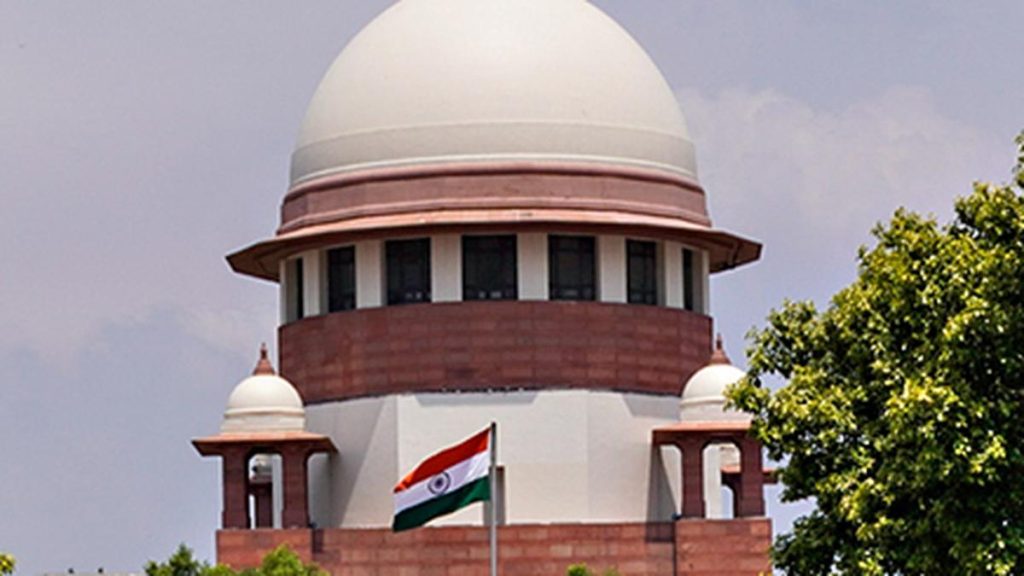Now Reading: EU to Address India’s Concerns Over Carbon Tax on Imports
-
01
EU to Address India’s Concerns Over Carbon Tax on Imports
EU to Address India’s Concerns Over Carbon Tax on Imports
Swift Summary
- The European Union (EU) is set to implement the Carbon Border Adjustment Mechanism (CBAM),which imposes taxes on imports of carbon-intensive goods from non-EU countries starting in 2026.
- India has expressed specific concerns regarding CBAM and its potential impact on its exports, notably in the metal sector.
- The EU acknowledges these concerns and is willing to address them, although it considers some worries as “illegitimate.”
- The upcoming meeting between PM Narendra Modi and EU President Ursula von der Leyen might not include discussions on CBAM despite India’s interest.
- CBAM aims to create a level playing field by matching EU’s internal carbon costs for imported goods, affecting goods including steel, aluminum, cement, fertilizers, hydrogen, and electricity.
- Research suggests the tax could equate to a tariff of 20-35%, significantly higher than the current average import tariff for manufactured products into the EU.
Indian Opinion Analysis
The introduction of CBAM by the European Union presents meaningful challenges for Indian exporters due to increased costs associated with carbon emissions. This mechanism could have severe repercussions on India’s export-driven economy if no adaptations are made. While India seeks flexibility regarding environmental regulations under ongoing Free Trade Agreement negotiations with the EU, mutual understanding will be crucial. In addressing legitimate concerns while maintaining WTO compliance and environmental priorities,both parties stand a chance to reach solutions beneficial for trade stability.
























